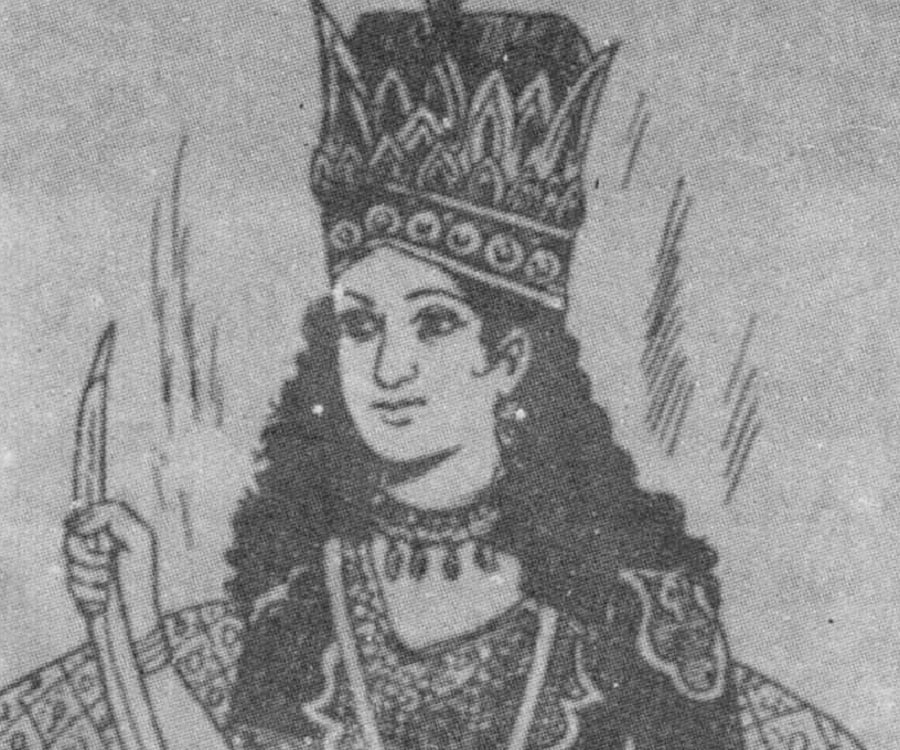

Another possibility is that the legend of Iltutmish nominating Razia as his successor is a false story circulated by Razias supporters after her ascension. This is suggested by the fact that after becoming seriously ill, he had recalled Ruknuddin from Lahore to Delhi. It appears that during his last years, Iltutmish had agreed to appoint a son as his successor. However, after Iltutmishs death, the nobles unanimously appointed his son Ruknuddin Firuz as the new king. When his nobles questioned this decision on the basis that he had surviving sons, Iltutmish replied that Razia was more capable than his sons. Iltutmish ordered his officer mushrif-i mamlakat Tajul Mulk Mahmud Dabir to prepare a decree naming Razia as the heir apparent. Razia performed her duties so well that after returning to Delhi, Iltutmish decided to name her as his successor. While leaving for his Gwalior campaigin in 1231, Iltutmish left his daughter Razia as in-charge of Delhis administration. According to historian Minhaj-i-Siraj, Iltutmish believed that his other sons were absorbed in pleasurable activities, and would be incapable of managing the state affairs after his death. Iltutmish had groomed his eldest son Nasiruddin Mahmud to be his successor, but this son died unexpectedly in 1229.

She married one of the rebels - Ikhtiyaruddin Altunia - and attempted to regain the throne, but was defeated by her half-brother and successor Muizuddin Bahram in October that year, and was killed shortly after. She was deposed by a group of nobles in April 1240, after having ruled for less than 4 years. This, combined with her appointments of non-Turkic officers to important posts, led to their resentment against her. The Turkic nobles who supported her expected her to be a figurehead, but she increasingly asserted her power. Razias ascension was challenged by a section of nobles, some of whom ultimately joined her, while the others were defeated. During a rebellion against Ruknuddin, Razia instigated the general public against Shah Turkan, and ascended the throne after Ruknuddin was deposed in 1236. Iltutmish was succeeded by Razias half-brother Ruknuddin Firuz, whose mother Shah Turkan planned to execute her. According to a possibly apocryphal legend, impressed by her performance during this period, Iltutmish nominated Razia as his heir apparent after returning to Delhi. She is notable for being the first female Muslim ruler of South Asia.Ī daughter of Mamluk Sultan Shamsuddin Iltutmish, Razia administered Delhi during 1231-1232 when her father was busy in the Gwalior campaign.

Raziya al-Din, popularly known as Razia Sultana, was a ruler of the Delhi Sultanate in the northern part of the Indian subcontinent.


 0 kommentar(er)
0 kommentar(er)
